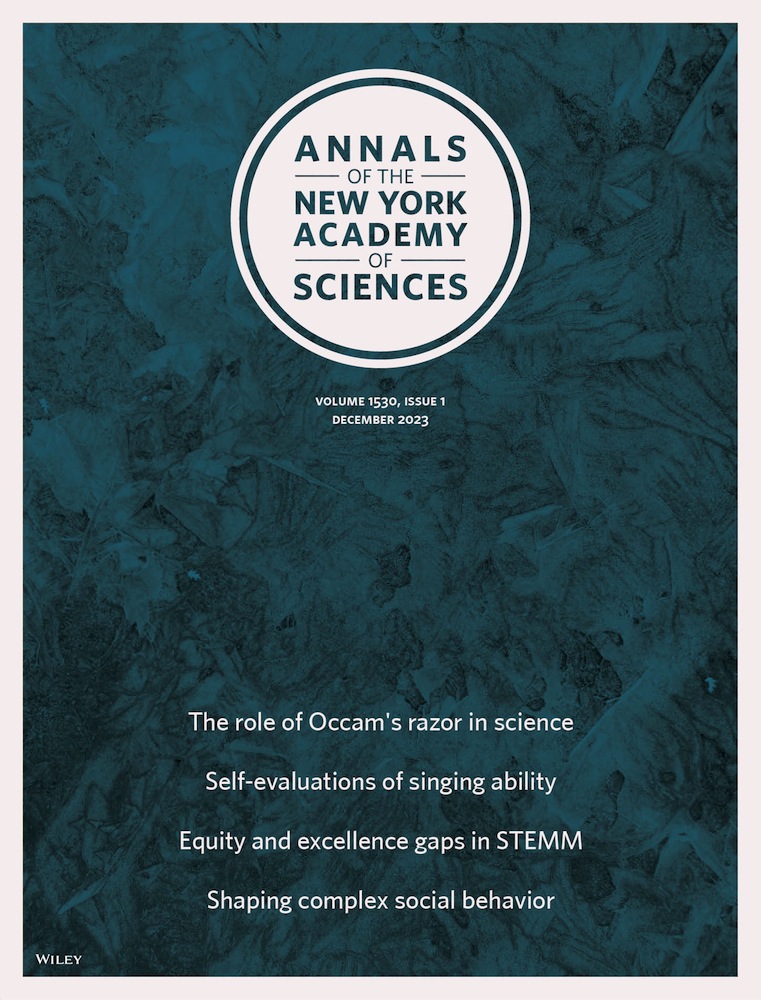Supplementation and Elimination of Microbiome‐Produced Metabolites in the Treatment of Human Disease
IF 4.8
3区 综合性期刊
Q1 MULTIDISCIPLINARY SCIENCES
引用次数: 0
Abstract
The human gut microbiome has a complex and influential relationship with host physiology that is governed through commensal‐derived metabolites, small molecules, and endogenous microbial patterns. Indeed, microbial metabolites from the gut microbiome have been implicated in promoting health as well as contributing to the pathogenesis of microbiome‐associated diseases. Live microbial therapeutics, such as probiotics and fecal microbiota transplantations, have been extensively utilized to establish health‐promoting assemblages of bacteria and their associated beneficial metabolites. However, broad clinical use of live microbial therapeutics is limited by efficacy, specificity, and safety concerns. To circumvent this, a postbiotic approach can be taken, in which a beneficial effect may be achieved by direct administration of bacterially derived bioactive molecules. Alternatively, in cases where microbiome‐derived metabolites drive disease, specific oral inhibitors can be used to restrict compound production. In this review, we examine the use of postbiotics to alleviate disease and highlight recent translational successes. Additionally, we discuss emerging approaches for precision elimination of disease‐causing metabolites, as well as the exciting possibility of utilizing bacteriophages to modulate the production of metabolites in the microbiome.微生物产生的代谢物在人类疾病治疗中的补充和消除
人类肠道微生物群与宿主生理有着复杂而有影响力的关系,这种关系是通过共生衍生的代谢物、小分子和内源性微生物模式来控制的。事实上,来自肠道微生物组的微生物代谢物与促进健康以及促进微生物组相关疾病的发病机制有关。活体微生物疗法,如益生菌和粪便微生物群移植,已被广泛用于建立促进健康的细菌组合及其相关的有益代谢物。然而,活微生物疗法的广泛临床应用受到有效性、特异性和安全性问题的限制。为了避免这种情况,可以采取一种后生物方法,其中通过直接施用细菌衍生的生物活性分子可以达到有益的效果。另外,在微生物衍生代谢物驱动疾病的情况下,可以使用特定的口服抑制剂来限制化合物的产生。在这篇综述中,我们研究了后生物制剂在缓解疾病中的应用,并强调了最近的转化成功。此外,我们还讨论了精确消除引起疾病的代谢物的新方法,以及利用噬菌体调节微生物组中代谢物产生的令人兴奋的可能性。
本文章由计算机程序翻译,如有差异,请以英文原文为准。
求助全文
约1分钟内获得全文
求助全文
来源期刊

Annals of the New York Academy of Sciences
综合性期刊-综合性期刊
CiteScore
11.00
自引率
1.90%
发文量
193
审稿时长
2-4 weeks
期刊介绍:
Published on behalf of the New York Academy of Sciences, Annals of the New York Academy of Sciences provides multidisciplinary perspectives on research of current scientific interest with far-reaching implications for the wider scientific community and society at large. Each special issue assembles the best thinking of key contributors to a field of investigation at a time when emerging developments offer the promise of new insight. Individually themed, Annals special issues stimulate new ways to think about science by providing a neutral forum for discourse—within and across many institutions and fields.
 求助内容:
求助内容: 应助结果提醒方式:
应助结果提醒方式:


